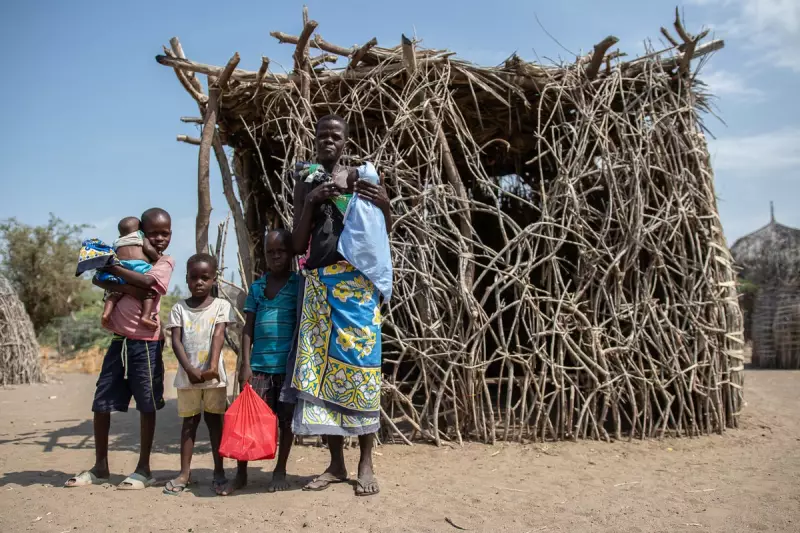
Kenya is facing an escalating hunger catastrophe as relentless floods have decimated agricultural land across the country, wiping out essential crops and pushing millions closer to starvation.
Farmlands Transformed into Watery Graves
The very soil that should be nurturing life has become a death sentence for Kenya's food security. Torrential rains have transformed vast stretches of farmland into swampy wastelands, destroying maize, vegetables, and other staple crops that millions depend on for survival.
"We've lost everything," reports one farmer from the worst-hit regions. "The water took our maize, our beans, our entire livelihood. What will we eat in the coming months?"
Climate Change Accelerates Humanitarian Crisis
This disaster isn't an isolated incident but part of a disturbing pattern of climate-induced extremes. East Africa has been swinging violently between devastating droughts and catastrophic floods, giving communities no time to recover between crises.
Climate scientists confirm that the region is experiencing more frequent and intense weather events directly linked to global warming patterns. The consequences are particularly severe for agricultural communities who rely on predictable seasonal patterns.
Aid Organisations Struggle to Respond
Humanitarian agencies are racing against time to deliver emergency assistance, but the scale of destruction is overwhelming existing response capabilities. Roads and bridges have been washed away, making it increasingly difficult to reach isolated communities.
Food distribution centres report unprecedented demand as families who once grew their own food now queue for emergency rations. The situation is particularly dire for children and elderly residents who are most vulnerable to malnutrition.
Long-term Food Security Under Threat
Beyond the immediate crisis, experts warn that repeated flooding is causing long-term damage to soil quality, making future harvests less reliable even when waters recede. The nutritional diversity that communities once enjoyed is being systematically erased.
As one agricultural expert noted: "We're not just losing this season's crops - we're losing the foundation of food production for years to come. The recovery will take far longer than most people realise."
The international community faces mounting pressure to address both the immediate humanitarian needs and the underlying climate challenges that make such disasters increasingly common across the African continent.





